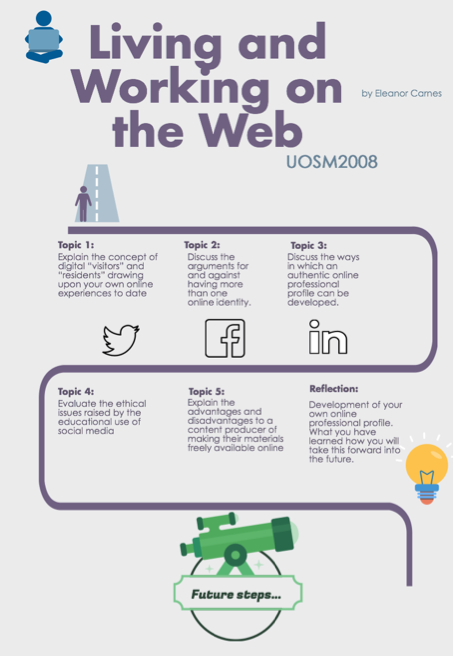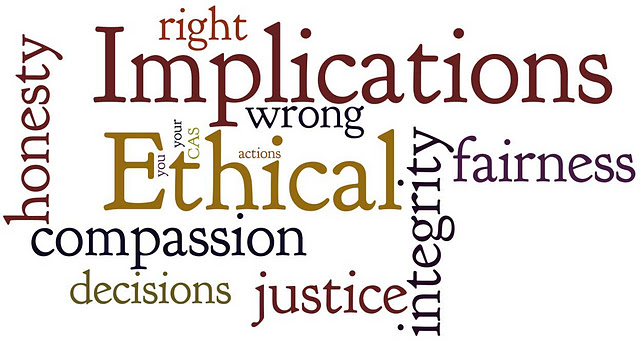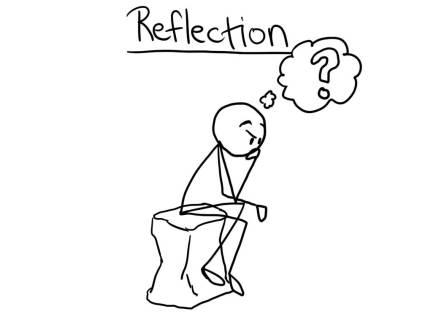
“The only time you should ever look back; is to see how far you’ve come.”
I have to admit I completely underestimated this module in so many ways. Firstly, I personally have always struggled with my writing due to my dyslexia. I dreaded the thought of my peers reading my blog and judging me on this. However, this blogging experience has made my confidence levels sky high and I no long feel anxious about this aspect. This new confidence has enabled me to enhance my online professional profile on Twitter, LinkedIn, WordPress and Instagram.
Continue reading →









